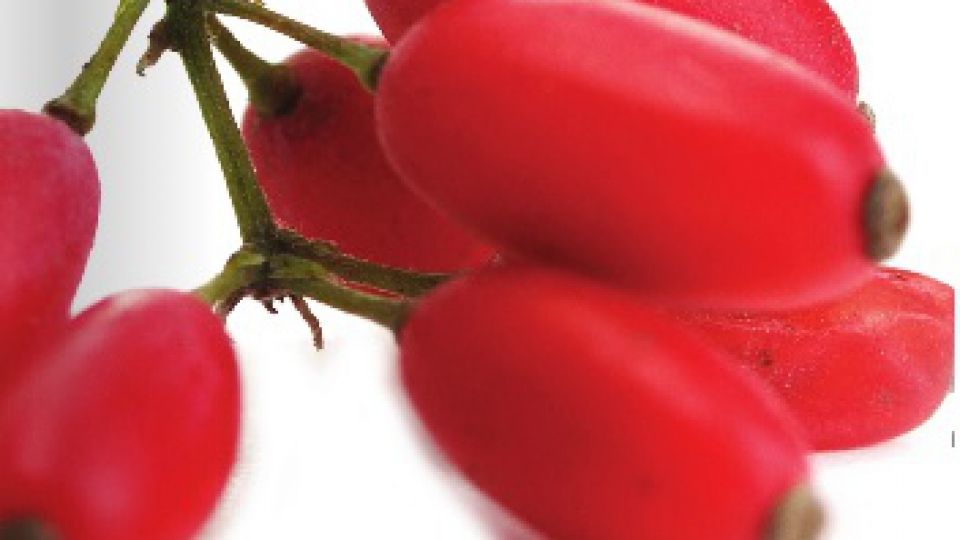
A bad gut isn’t always sign of a Candida overgrowth, as Dr Harald Gaier uncovers
Q: I suffer from flatulence, constipation, wind and bloating after eating. I wake up tired each morning, and my memory and concentration have become poor. I am 36 years old, but lately my libido is very much substandard; I have dark rings under my eyes and I frequently have night sweats now. Every practitioner I have seen told me I have Candida (yeast in my gut), but I have had a blood test and a comprehensive stool analysis, both of which have shown that I definitely don’t have this problem. Can you perhaps help me with my problem or advise me what to do?-M.E., Bristol
A: Many people don’t know that there’s a condition quite similar in its symptoms to intestinal Candida called ‘bacterial gut dysbiosis’. With Candida the yeast-like fungi in the gut ferment simple and compound sugars (like those found in wheat, rye, barley and oats) to make ethanol and gas (carbon dioxide, the fizz in beer and champagne). In fact, ethanol is the ‘social’ alcohol found in wine, beer, cider and champagne.
In bacterial gut dysbiosis, on the other hand, certain unwanted bacteria will have settled, squatter-like, on the interior lining of the gut in small island colonies, occupying the spaces made available after normal ‘friendly’ gut flora have been killed off by such things as antibiotics, non-steroidal anti-inflammatory drugs or NSAIDs (like ibuprofen) or excessive alcohol consumption.
In fact, as researchers at Cedars-Sinai Medical Center in Los Angeles have now discovered bacterial overgrowth in the gut affects nearly two-thirds of patients with irritable bowel syndrome (IBS) who regularly suffer from diarrhoea, and nearly a third of IBS patients overall.1
These unwanted bacteria can also produce alcohols and gases, and their alcohols are of the toxic sort like methanol (the bad part of methylated spirits), and compound propyl and butyl alcohols. Fortunately, the quantity of toxic alcohols produced in such instances is small, so it’s not lethal or permanently damaging but it is toxic to the liver. This process is known as ‘bacterial gut fermentation’, as opposed to the yeast fermentation of Candida.
These gases are responsible for your flatulence, wind and bloating after meals, while the small quantities of toxic alcohols are what are bringing on your shallow unsatisfying sleep, poor memory and concentration, loss of libido, nights sweats and the dark circles under your eyes. They will also have been hampering your gut peristalsis (the caterpillar-like motion that moves the gut’s contents along), as many of these alcohols are known to have mildly anaesthetizing effects, inducing a sluggishness in your bowel.
This tendency for constipation may on occasions be interrupted by episodes of very loose bowels, which is nothing more than the gut unsuccessfully trying to rid itself of the presence of those unwanted bacterial island colonies. Straight after, the sluggishness in the bowel usually returns.
What you need to do is first find a registered naturopathic practitioner, who should then organize a test to determine whether the production of these alcohols is actually what’s happening. You can do this by taking a test called the ‘Gut Fermentation Profile’, a blood test available at Biolab Medical Unit (9 Weymouth Street, London W1W 6DB; tel: 020 7636 5959).
This test has been scientifically demonstrated to accurately diagnose if you have a little ‘brewery’ in your gut caused by these bacteria.2 If the results come back showing fermentation on the go in your gut, you’ll need to be treated for around eight to 10 weeks, or sometimes even longer.
During this treatment period, you should follow a dietary regime resembling an anti-Candida diet, though not quite as strict. The reason for this is simply that you don’t want to be feeding the unwanted bacteria while you’re busy trying to get rid of them.
At the same time, I suggest that you also take a herbal tincture of Berberis vulgaris, or barberry (1 Tbs twice a day after meals). This will eradicate the undesirable bacteria from your gut while leaving your ‘friendly’ bacteria alone. You’ll also need to be taking a good probiotic to repopulate your gut with the right sort of bacteria. The most helpful strains include cultures of lactobacilli, bifidobacteria, Saccharomyces boulardii and non-disease-causing strains of Escherichia coli and streptococci.
Another useful supplement is bentonite clay powder, a colloidal aluminium silicate that is a well tried-and-tested intestinal ‘adsorbent’-it will bind to and remove numerous toxins, endotoxins and bacteria. It will also help to repair the damage to the filtering system in your gut lining caused by the toxic alcohols that have been constantly passing through it to get into your bloodstream. Take one Tbs of bentonite clay twice daily in some water on an empty stomach.
I also recommend that you take a good multivitamin plus fish oils, vitamins A and D and a good B vitamin complex, all of which help to repair the gut.
Although it happens only rarely, some of my patients with this problem have been found to have Geotrichum species (another yeast-like fungus) in the gut. If that’s the case, your diet will need to be further restricted to exclude all grains, including rice and corn.
A recipe for a good gut
Allowed
oPineapple, mango, kiwi, papaya
oAll berries except strawberries
oAll vegetables
oMeat
o Seafood
oFish
oAlmonds, cashews, pine nuts
oCoconut
oPotatoes
o Rice
o Corn
oAll oils
Not allowed
oAll other fruits except those specified
o All sugar
o Wheat, rye, barley, oats
o Black tea
oDried culinary herbs
oAny form of yeast or mushrooms
oCows’ milk products
Harald Gaier
What do you think? Start a conversation over on the... WDDTY Community